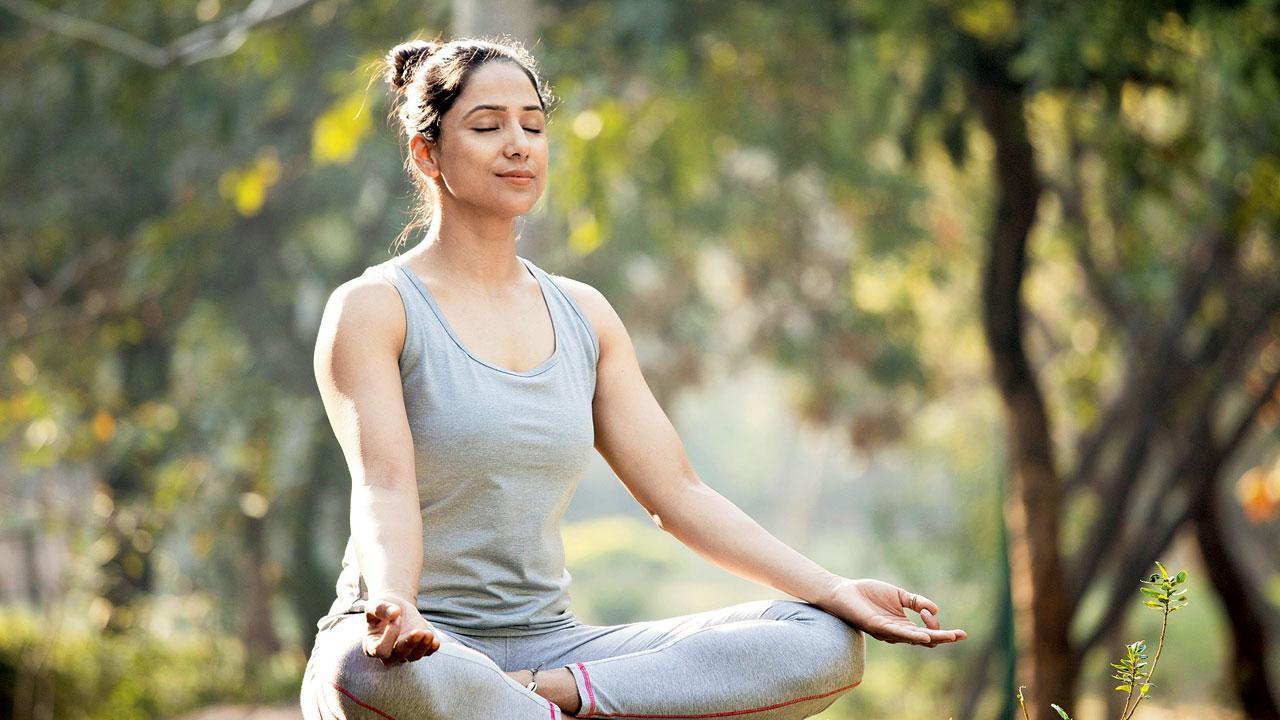Physical activities in the morning, associated with daily patterns of sleep/wake cycle, convey timing information from the light-sensitive central clock in the brain to the weight bearing skeletal tissues

Image for representational purposes only. Photo Courtesy: iStock
Consistent daily patterns of exercise and rest can synchronise the local body clocks associated with joints and spine with the brain clock, potentially helping individuals to maintain skeletal health, improve athletic performance and avoid injury, according to research.
Though the study, published in Nature Communications, involved mice, the scientists suggest there is a high probability human cartilage and intervertebral disks -- which have very similar physiological properties -- will respond in a comparable way.
ADVERTISEMENT
Scientists have long known that misalignment between the central body clock in the brain and other organs which have their own body clock -- can increase the risk of pathology and diseases such as diabetes and cardiovascular disease.
However, until now, very little was understood about the relationship between the clocks in joint cartilage -- which has no nerve or blood supply -- and the brain.
"We have in effect identified a new mechanism to understand how our body clocks align to the external environment. The clocks have evolved to prepare you for predictable rhythmic changes in the environment,” said Professor Qing-Jun Meng, a body clock expert from the varsity.
"Our results showed that physical activities in the morning, associated with daily patterns of sleep/wake cycle, convey timing information from the light-sensitive central clock in the brain to the weight bearing skeletal tissues. In effect it's telling your skeletal system it's time to wake up,” Meng said.
However, when this alignment is uncoupled with the brain, then like in other organs and tissues, it can result in adverse impacts on your physical health.
Further, constantly changing the time of exercise can make a person more prone to this desynchronisation, the team said.
"However, if you change when you exercise, but then maintain that regime for some time, we show that your body clocks will eventually re-align with each other and you will adapt to it," Meng said.
The scientists examined the mice who were given daily exercise on a treadmill during their resting time to show what happened to the clocks in the cartilage, intervertebral disk and the brain. They confirmed the findings by compressing mouse intervertebral disks or cartilage explants in the lab or exposing them to higher osmolarity culture medium within a normal physiological range. Both resulted in a similar clock synchronising effect.
"Our work showed that clocks in skeletal tissues of older animals remain responsive to daily patterns of exercise. As such, walking groups organised for older people could be more beneficial for their health if they happen at a similar time every day," Meng said.
This story has been sourced from a third party syndicated feed, agencies. Mid-day accepts no responsibility or liability for its dependability, trustworthiness, reliability and data of the text. Mid-day management/mid-day.com reserves the sole right to alter, delete or remove (without notice) the content in its absolute discretion for any reason whatsoever
 Subscribe today by clicking the link and stay updated with the latest news!" Click here!
Subscribe today by clicking the link and stay updated with the latest news!" Click here!








